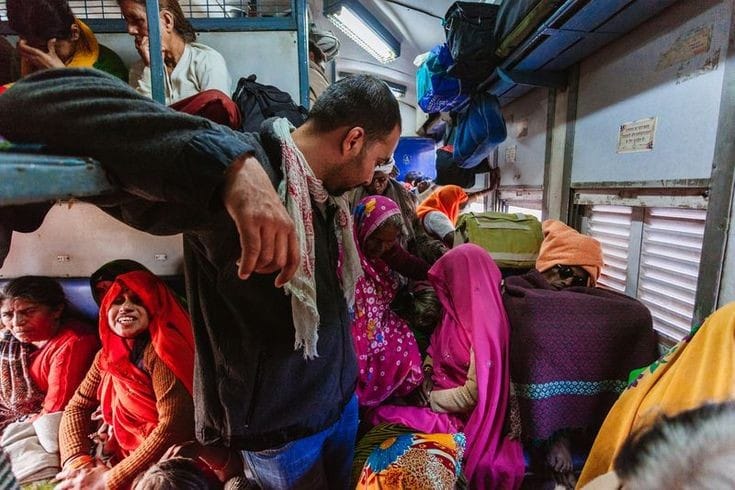India’s railway network is one of the largest in the world, connecting millions of people across the country. The Indian Railways, which operates the railway network, has played a significant role in the country’s economic development. The railway system has been a key driver of the Indian economy since its inception in the mid-19th century.
The railway system in India has had a profound impact on the economy, providing a cost-effective means of transportation for people and goods. It has been instrumental in linking various regions of the country, promoting trade, and boosting economic growth. The railway system has been crucial in the transportation of agricultural produce and industrial goods, enabling them to reach distant markets.
The railway system in India has also played a significant role in generating employment opportunities. The Indian Railways is one of the largest employers in the country, providing direct employment to over a million people. Additionally, the railway system provides indirect employment to many others, such as suppliers, vendors, and contractors.
The railway system in India has also played a key role in promoting tourism, a significant contributor to the country’s economy. The Indian Railways has several luxury tourist trains, such as the Palace on Wheels and the Maharajas’ Express, which offer a unique way to experience India’s rich cultural heritage. The railway system has also been instrumental in promoting pilgrimage tourism, with several trains catering to pilgrims visiting various religious sites across the country.
However, the railway system in India also faces several challenges. One of the biggest challenges is the lack of investment in infrastructure. The railway network in India is overburdened and outdated, with many tracks and stations requiring significant modernization and upgrade. The lack of investment in infrastructure has led to several accidents and delays, impacting the overall efficiency of the system.
Another challenge facing the railway system in India is the lack of proper governance and management. The Indian Railways is a complex organization, with several departments and divisions. The lack of coordination and communication among these departments has led to inefficiencies and delays in the system. Additionally, the railway system has been plagued by corruption, leading to the diversion of funds and resources, impacting the overall efficiency of the system.
In conclusion, the railway system in India has been a key driver of the country’s economic development, connecting various regions and promoting trade. The system has played a crucial role in the transportation of goods and people, generating employment opportunities, and promoting tourism.










